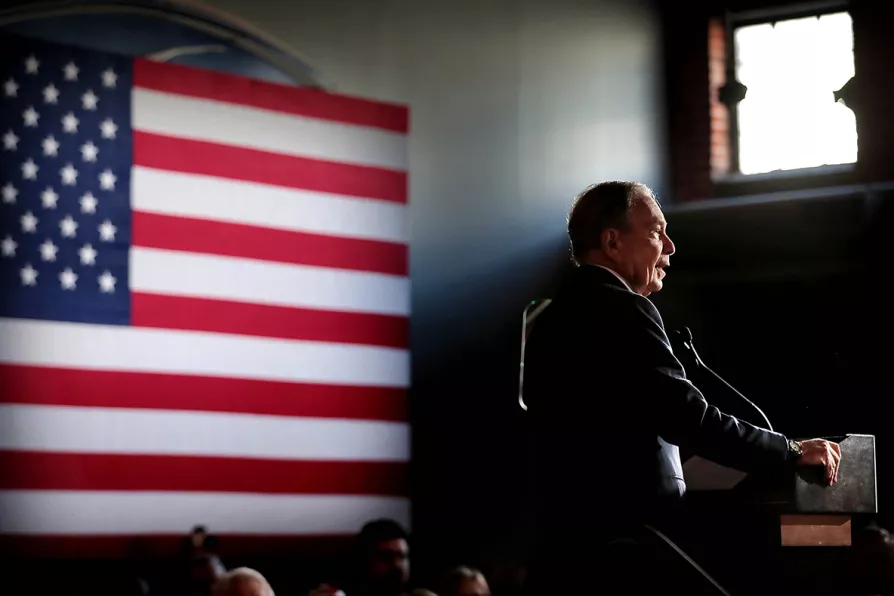As the RMT Health and Safety Conference takes place, the union is calling for urgent action on crisis of work-related stress, understaffing and the growing threat of workplace assaults. RMT leader EDDIE DEMPSEY explains


WHO is Michael Bloomberg and what did his run for US president mean?
It would have reduced US democracy to a battle between two Batman villains. One a calculating guy with a big organisation, the other a sinister clown.
Thankfully it seems Democrat voters are rejecting a Penguin v the Joker election.

STEPHEN ARNELL casts a critical eye over the sudden rash of challenges to the two-party system on both sides of the Atlantic, noting that today’s performative populist politics sadly lacks Roosevelt’s progressive ‘Bull Moose’ vision of the early 20th century

The prospect of the Democratic Socialists of America member’s victory in the mayoral race has terrified billionaires and outraged the centrist liberal Establishment by showing that listening to voters about class issues works, writes ZOLTAN ZIGEDY

With turnout plummeting and faith in Parliament collapsing, BERT SCHOUWENBURG explains how radical local government reform — including devolved taxation and removal of party politics from town halls — could restore power to communities currently ignored by profit-obsessed MPs












